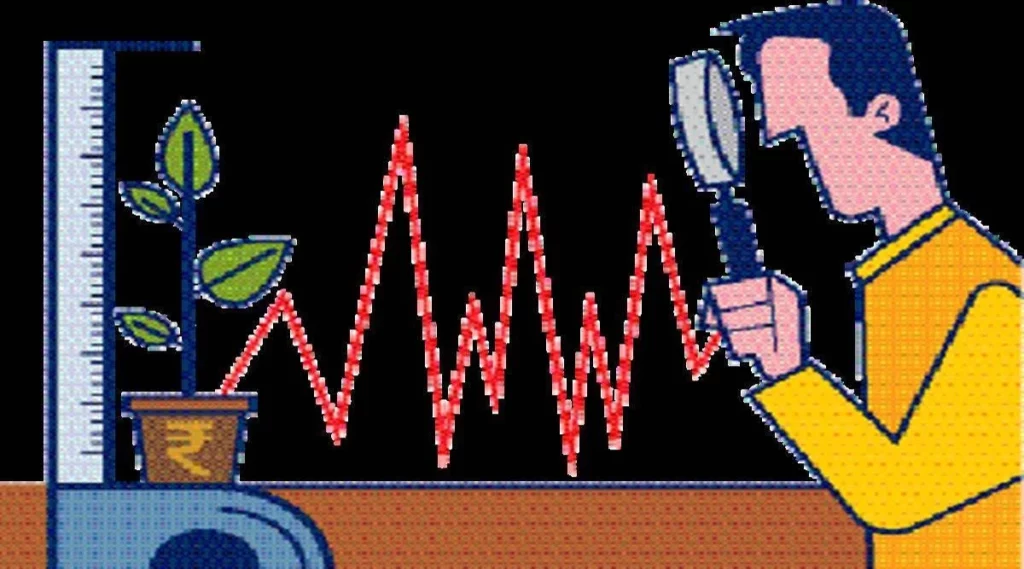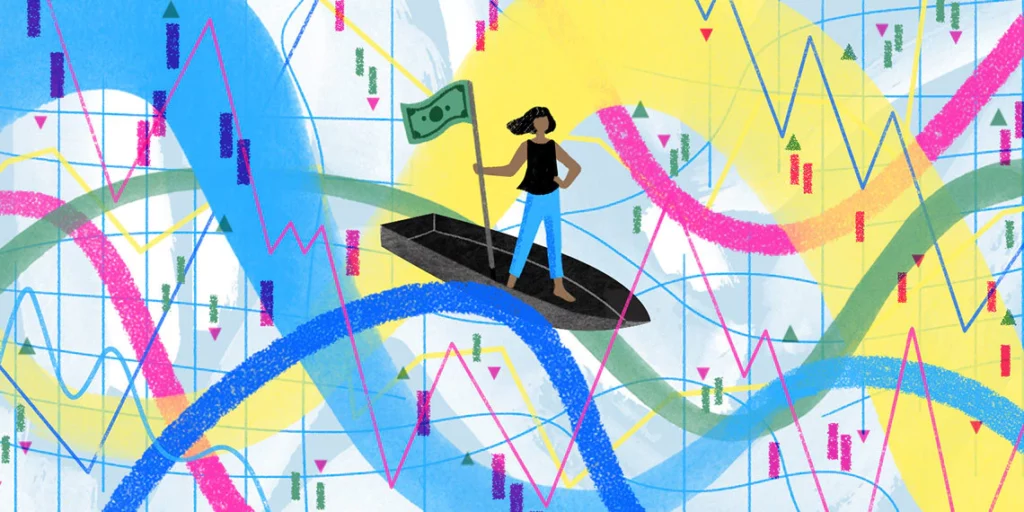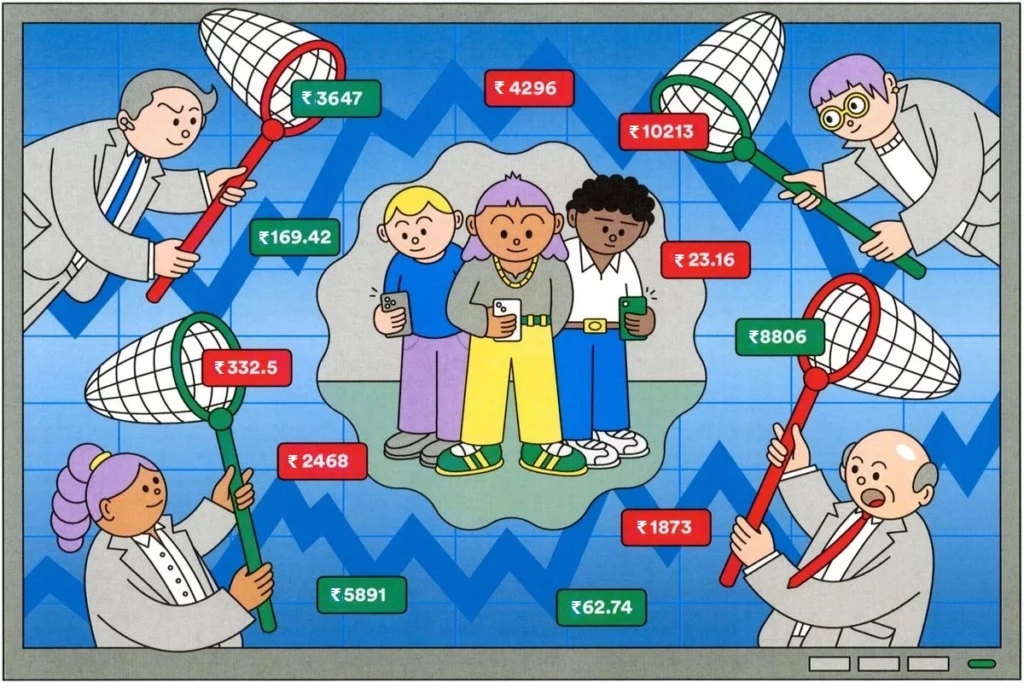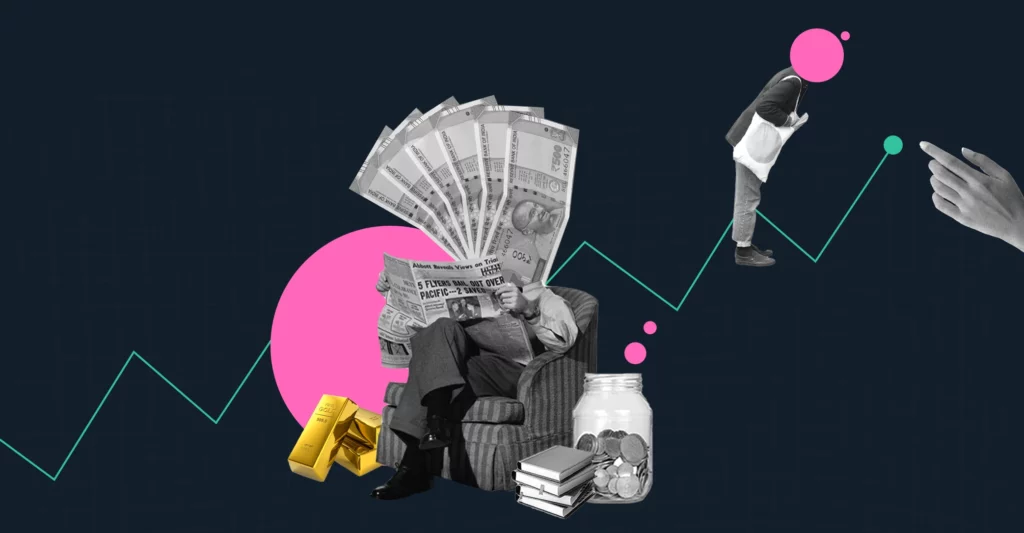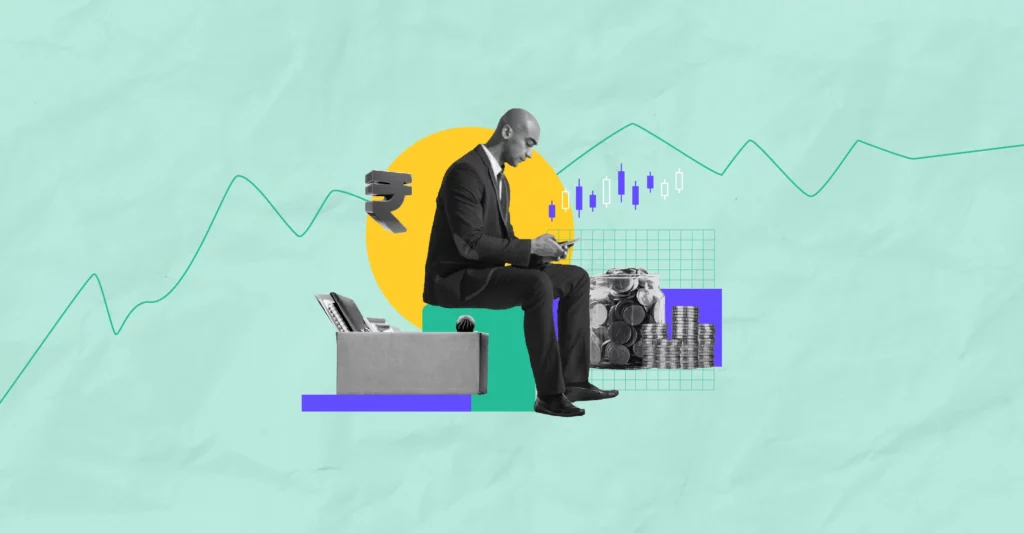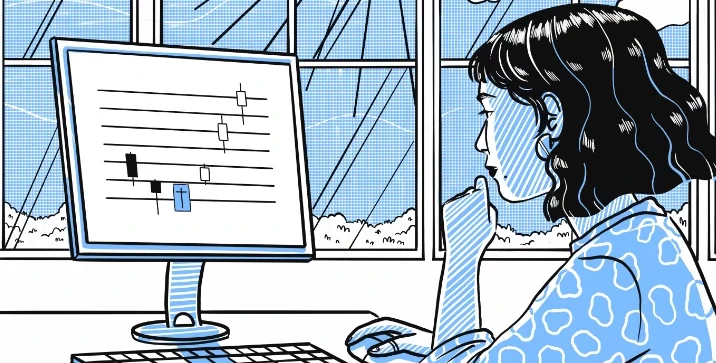Psychology and Risk Management
• What to expect
• Risks
• Position sizing
• illusion of control
• Accepting critisism
• Paralyzed by fear
• Loss is a feedback, not a failure
• The flexible trader
• Focusing on the positive
• Short straddle
• The dynamics of greed
• The herd mentality
• Notes
Fear of Success: Is it relevant for Traders?
In the 1970s, psychologists researched “fear of success,” a subject that attracted a lot of media attention. Some trading websites nowadays are debating if traders have a hidden dread of success. Does success frighten some traders? We don’t have a conclusive response to this topic because there haven’t been any published research on trading and fear of success, but we can examine this matter using data from our Innerworth archive.
What is the underlying science behind the fear of success? Where did the concept originate? In a classic study, researchers showed a group of women a hypothetical situation in which a young woman student excelled in professional school, placing first in her class. It’s interesting to note that female participants believed that achievement would bring negative implications for young women. These women participants, according to “pop” psychologists of the 1970s, exhibited a “fear of success” because they anticipated negative outcomes to come with success. It’s possible that this study’s findings were limited to a specific group of people who lived in a specific era. Perhaps today’s women would feel differently.
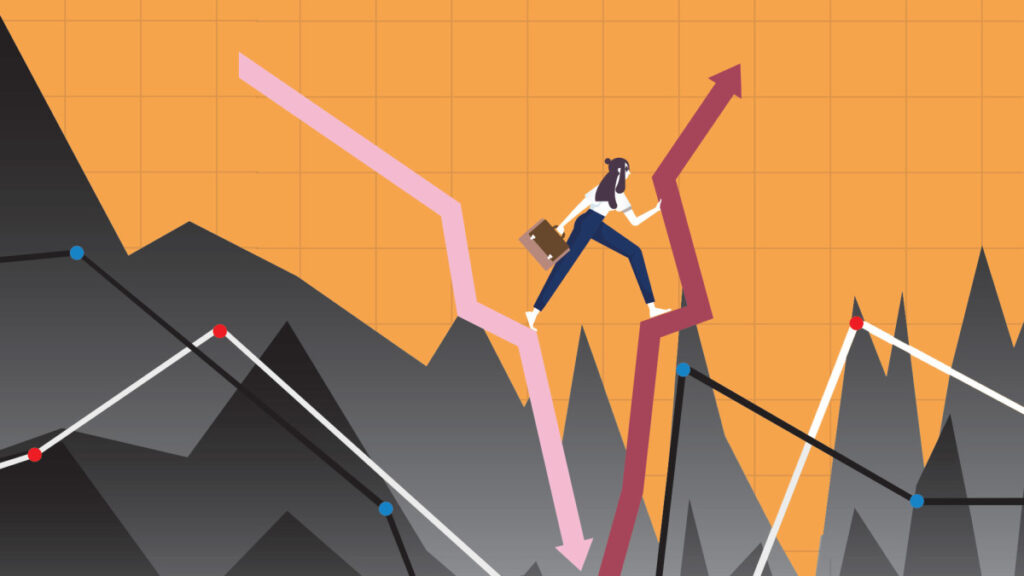
Nevertheless, the investigation goes on. Researchers in psychology have examined the fear of success in numerous populations over the years. Fear of success is linked to negative feelings and low self-esteem. Success fear appears to affect women and minorities more frequently than Caucasian men. The general notion is that some social groups may be told they “should not go where they do not belong,” and that if they do, they would suffer negative effects like having to make new acquaintances, which could be challenging, or fearing they won’t be able to handle the responsibilities of a new role.
Some traders might think that failure could come after their professional accomplishment. If they are wealthy, they might desire to relocate to an affluent area or find new pals who are more compatible with their increased status and income. Making these modifications could be challenging. It’s much simpler to feel at ease and remain where you are. Others could be concerned that if they experience significant financial success, they would grow accustomed to the comforts of wealth only to lose their money and be forced to return to a humble way of life. It is said that it is preferable to never have been affluent at all than to become wealthy and then lose everything.
We polled a selection of our subscribers to get their thoughts. Here is what we discovered. 90% of the respondents in our survey believed they deserved the income they generate as traders. It appears that not many traders had success anxiety. It could be as small as 15%. For instance, just 12% of respondents believed that others would try to take advantage of them if they made large earnings. Only 10% of respondents said they believed their lives would alter negatively if they became successful traders. Only 12% of respondents believed that their rising riches would make others envious or dislike them. Over 80% of our subscribers, according to estimates based on additional questions we asked concerning fear of success.
As you might expect, trading can be hampered by a fear of success. A continuous drive to succeed is necessary for investment success. However, secretly believing that if one succeeds, unexpected catastrophes will happen is sure to obstruct the development and maintenance of a peak performance mindset. Thankfully, not many of you appear to be afraid of success. But for those that do, learning about this problem is worthwhile. You will be cautious if you think that profitability heralds disaster. You won’t give it your all, and you’ll probably fall short in the end. Don’t let your fear of success rule your life. Recognize your fears and overcome them. Long-term profitability will increase for you.

